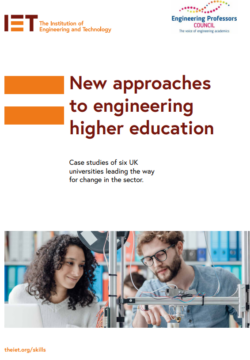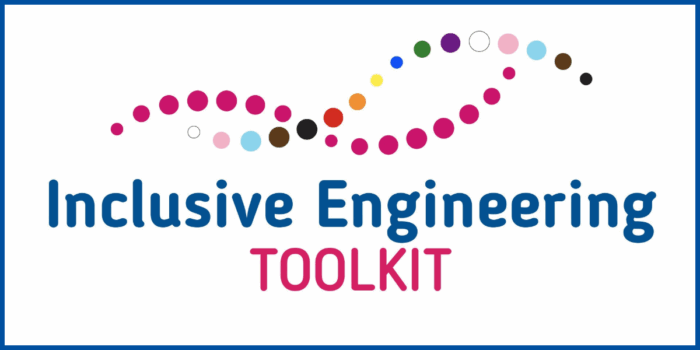 Six universities leading the way for change in engineering higher education.
Six universities leading the way for change in engineering higher education.
In a new joint document, the IET and the Engineering Professors Council (EPC) have selected several UK institutions that demonstrate successful new approaches to the way engineering courses and programmes can be delivered, which others may look to follow.
Following the success of our joint conference in May 2017, the IET and the EPC have been calling for an evolution in higher education, looking at how more young people can be attracted into the profession, ensuring our education system is producing engineers with the skills to fulfil the needs of the Industrial Strategy.
Our aims are to address the discrepancy between numbers of engineering graduates and the expectations and needs of industry while bringing together those leading or in a position to lead an evolution in engineering education.
Since the conference, our New Approaches to Engineering Higher Education Working Group has proposed six ways that engineering education should be developed in order to create an effective skills pipeline between universities and industry that suits the needs of businesses, educators, students and the UK as a whole, which is lacking at present.
With this publication, we’re offering up case study examples for each of the new approaches that we have identified. Readers will find out which universities we believe are excellent models of where strong progress is being made in areas such as creativity, diversity, project work, industry engagement, work experience and interdisciplinarity. Each case study includes information on the course, the university’s views on the accreditation process and the learning experience from a student’s perspective.
Read the case studies here.

 Six universities leading the way for change in engineering higher education.
Six universities leading the way for change in engineering higher education.


